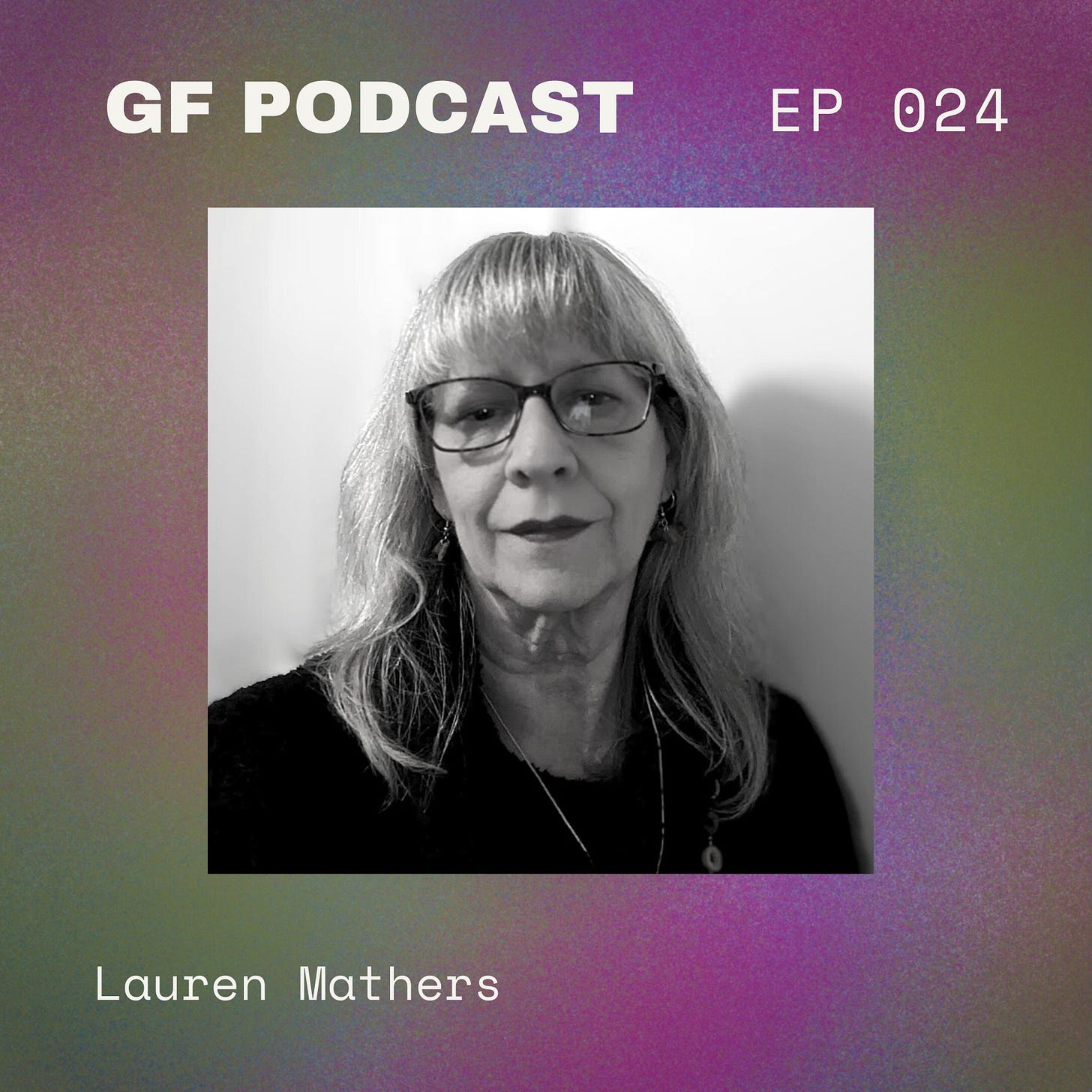Hello Folks,
I’m writing to you from the state of North Carolina, and specifically, from the campus of the University of North Carolina, where I am a graduate student in Folklore. At UNC, I investigate the role that folklore can play in a world—and region—that teeters on constant collapse.
How can storytelling methodologies and communal practice bring us together against all the odds? How can we find common ground in one of the most complicated and contested regions in the world? Do we attempt to love the places we are from or do we learn to find comfort—and freedom—in abandoning them completely? Most simply, I describe all of this as “folklore futurisms”—using the field to stare down the dark unknowns of the future and attempt to find a path to them, no matter how tangled and intertwined it may be.
This, I believe, is also the role of many community activists across the South today. It is exhausting work to be an activist, and especially here in the South, where so often it feels the place you live rejects the work you attempt to do. I work these days largely in rural activism and climate change awareness, but those are only two branches of a very large tree.
You might notice that this podcast is dropping into your inbox on Friday, instead of our usual day of Wednesday. Let me provide some context: we had every intention of getting this to you on Wednesday, but then, walking back to my house in the middle of the day, police cars sped past me on the road, rushing towards campus, and a few minutes later I received a—now familiar—text alert from the university: Emergency: Armed, dangerous person on or near campus. Go inside now; avoid windows.
Just two weeks earlier, UNC students received the same message during what turned out to be a fatal shooting in one of the science labs on campus. On Tuesday, UNC students were thrown out of the legislative building in Raleigh after they gathered to protest the GOP leniency on gun laws, laughed at by lawmakers as they exited.
It feels impossible sometimes to be an activist here. It is exhausting. It asks so much of you, and it takes and takes and takes. And yet, we are still here, believing in change. The South is the ground of fertile resistance, and it has been the birthplace of some of the largest activist and labor movements in history. Those aren’t the stories we get in the media, which focus on repression and denial, but if we’re willing to look around and pay attention, we will see there is a different story happening all around us—one led by the activists, community leaders, and believers of change, willing to show up day after day in the hopes of something better for all of us.
Lauren Mathers is one of those individuals, and I’m honored to be joined by her on the podcast today. Lauren (she/her/hers) is the Executive Director of Sandhills PRIDE, the LGBTQ+ support and advocacy nonprofit based in Moore County, North Carolina.
She has spent her entire career in the nonprofit sector – first in dance and theater in Chicago, New York, the Berkshires, and Florida; later with the Girl Scouts of Southeast Florida; and now with Sandhills PRIDE, since January 2022. Lauren received her degree from Southern Illinois University where she studied art, film, photography, and bookbinding and she continues to pursue her artistic interests for relaxation and personal enjoyment.
I am tired. I am grateful. I am inspired by individuals like Lauren, who remind me that we must keep showing up, and we must keep believing. Despite it all, I still believe. I hope you enjoy this conversation.














Share this post